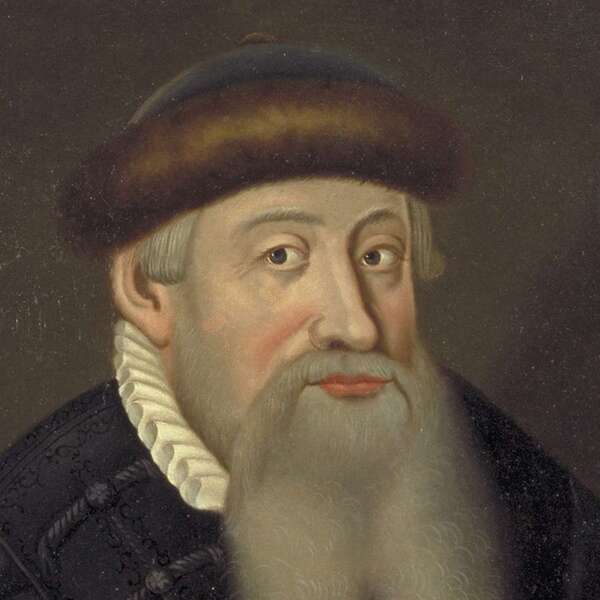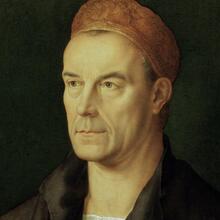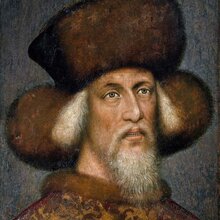
Personal
Other names:
Job / Known for:
Inventor of the printing press and movable type
Left traces:
The Gutenberg Bible and other printed books
Born
Date:
1400-06-24
Location:
DE
Mainz, Holy Roman Empire (modern-day Germany)
Died
Date:
1468-02-03 (aged 68)
Resting place:
DE
Death Cause:
Unknown
Family
Spouse:
Children:
Parent(s):
Friele Gensfleisch zur Laden and Else Wyrich
QR Code:
 My QR code:
Johannes Gutenberg
https://DearGone.com/10831
My QR code:
Johannes Gutenberg
https://DearGone.com/10831
Key Ownner:
Not yet supported by key owner
Show More
Rank
Users ranking to :
Thanks, you rate star
Ranking
5.0
1
Fullname
Johannes Gutenberg
Fullname NoEnglish
Johannes Gensfleisch zur Laden zum Gutenberg
Slogan
Give me twenty-six soldiers of lead and I will conquer the world.
About me / Bio:
Show More
Article for Johannes Gutenberg
Died profile like Johannes Gutenberg
Comments:




